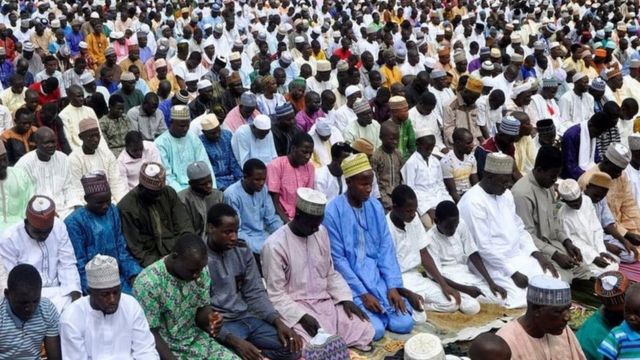Eid prayer, or Eid Salah, is a special prayer that marks the culmination of Ramadan during Eid al-Fitr, or the sacrifice of Eid al-Adha. The timing of Eid prayer is critical; it is performed in the morning, and Eid Salah takes place in the early morning on the first day of Eid. Muslims are encouraged to pray in congregation with their local Muslim community on occasions such as these. This time frame gives Muslims the flexibility to gather in large groups outdoors or in mosques, fostering a sense of community and collective worship.
The specific timing can vary slightly based on your geographic location, so it’s always a good idea to check with your local mosque or Islamic center. In many communities, announcements are made after the sighting of the moon, setting the exact day and time for the Eid prayer.
Why is Eid Salah prayed?
Eid Salah serves as a physical and spiritual purification for Muslims, a way to thank Allah for the strength given throughout Ramadan and to seek forgiveness, mercy, and blessings. It embodies the unity of the Ummah, as Muslims worldwide perform the same acts of worship at the same time, reinforcing the brotherhood and sisterhood of all believers.
The prayer is a direct command from Allah[God], a practice established by the Prophet Muhammad (peace be upon him), and an opportunity for Muslims to remember the less fortunate by giving Zakat al-Fitr before the prayer. This act of charity ensures that all members of the Muslim community can celebrate Eid, making it an inclusive and universally joyful occasion.
How to Prepare for Eid Prayer
-
Perform Ghusl (Purification Bath): Start the day with Ghusl before the Fajr prayer to ensure physical and spiritual cleanliness.
-
Wear Your Best Clothes: Dress in your finest attire, preferably new or clean clothing, as a sign of respect and to celebrate the joyous occasion of Eid.
-
Eat Before Eid al-Fitr Prayer: It’s sunnah to eat an odd number of dates before heading to the prayer ground on Eid al-Fitr, symbolizing the end of Ramadan’s fasting. On Eid al-Adha, however, it’s recommended to eat after the prayer, signifying that you’ll eat from the meat of your sacrifice if possible.
-
Recite the Takbir: From the moment you leave your house until the beginning of the prayer, recite the Takbir softly, glorifying Allah and marking the significance of the day.
-
Choose a Different Route Home: Following the Sunnah of the Prophet Muhammad (peace be upon him), take a different path back home than the one you took to the prayer ground.











